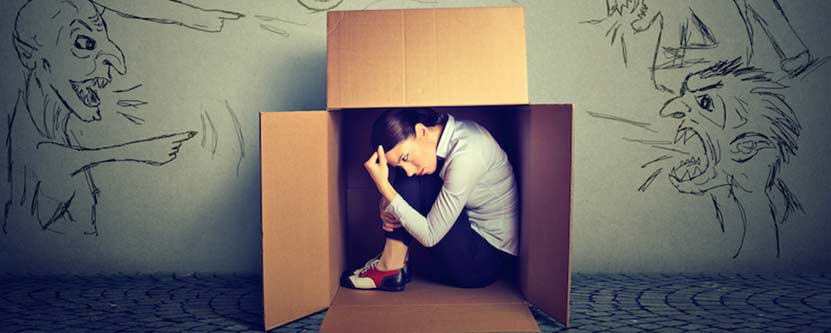Coping with anxiety and depression can be stressful, and seeking professional help can equip you with the skills you require to
[the_ad id=”20296″]
make this task easier.
Psychotherapy has been found effective in the treatment of anxiety and depression. It is a form of evidence-based treatment, practiced by a trained psychologist, usually involving the stages of diagnosis, identification of issues, setting of achievable goals and providing guidance for skill acquisition. The therapeutic process is safe, unbiased and confidential to facilitate a healthy discussion of issues that might be troubling an individual. Sometimes psychiatrists also prescribe medication for the treatment that might help speed up the healing process and encourage the individual to bring about the required changes in order to live a more satisfied life.
Psychotherapy uses several approaches to treat a wide range of psychological concerns. A common approach used to treat mood and anxiety disorders such as Depression, Generalized Anxiety Disorder, Panic Disorder, among others, is Cognitive Behavioral Therapy (CBT). CBT is a form of talk therapy that is short-term and goal-oriented in order to help an individual change the way they perceive their problems. It seeks to identify their unhealthy thought patterns and develop strategies to replace these with more adaptive ways of thinking and responding.
The difference between talking to a friend or a well wisher and a trained professional is that the latter will help you identify your distorted thought patterns without judging you for your behavior, and work on your depression or anxiety, using structured techniques and approaches. Ideally, therapy for anxiety and depression takes 10 to 12 weekly sessions but could require more or less, based on the history and severity of symptoms, goals and methods being used, as well as regularity and compliance.
If due to reasons that are personal or financial, you are unable to seek professional help, you can search for support groups and mental health institutions that offer free therapy. Furthermore, there are things you can try that might help you cope with your mood better. Practicing meditation everyday for ten minutes in the morning or engaging in half an hour worth of exercise stimulates the release of endorphins that lift your mood. Apart from making fitness a daily habit, consuming nutritious food and sleeping for 8 hours daily can also combat stress while keeping you healthy, and improving your memory and concentration. Don’t forget to set time aside to do the things you enjoy and connect with people who love and support you. Maintaining consistency in your routine and achieving small goals that you set for yourself will keep you motivated and elevate your self esteem, helping you overcome symptoms of depression and anxiety.
Source:

